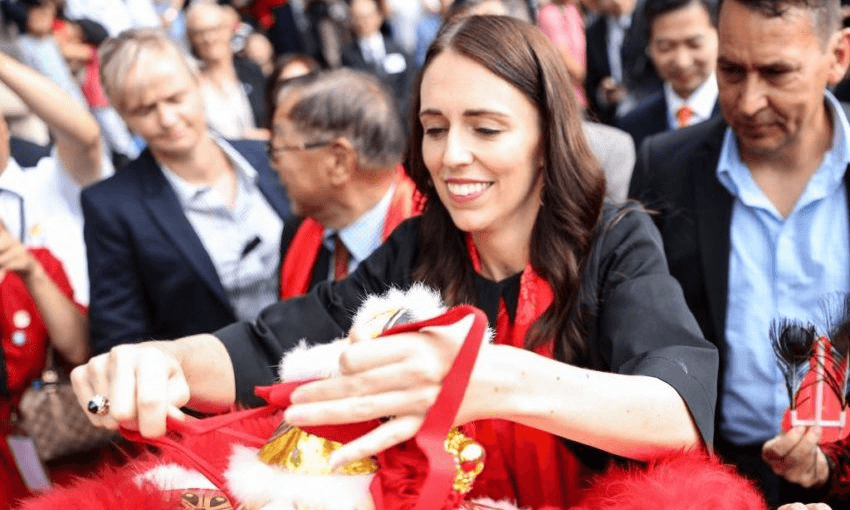The strength of ties have been tested in recent months. NZ now needs to boost capacity to understand and engage with China, writes Stephen Jacobi of the NZ China Council
The last year has been something of a roller-coaster ride for the relationship between New Zealand and China. Against a background of great power rivalry and geopolitical tension, points of difference between the two countries have emerged to test the resilience of the “comprehensive strategic partnership” which was agreed back in November 2014.
In recent days both governments have moved to calm the situation. Jacinda Ardern said “we place a very high priority on our relationship with China. It’s a significant and complex relationship, but one that brings great benefit to both parties”. Chinese Ambassador Wu Xi said “as two countries, different in history, culture and social systems, it is only natural for us to have differences. We need to always bear in mind that a defining feature in our relationship is mutual benefit and a win-win outcome”.
Focusing on those mutual benefits is at the heart of the “new normal” in the relationship with China: despite differences of view, we will continue to look for ways to expand the relationship in areas where it makes sense to do so. The expression of New Zealand’s independent foreign policy in an interdependent world means we need all our friends and partners, but there are some decisions we reserve the right to make for ourselves. Today’s global environment means we need to fine tune our strategy, spending more time explaining and engaging both at home and abroad and looking harder for areas where we can move forward.
There can be no doubt that China will continue to matter to New Zealand. It’s not just that China is a global economic and technological powerhouse, it’s that the scale of Chinese consumption cannot be found elsewhere. Yes, we need to diversify our markets, and take steps to mitigate risk, as we are doing with the CPTPP partners and the European Union. But if the number of New Zealand exporters attending the China International Import Exhibition in Shanghai last November is anything to go by, there will be no refocusing away from China in the foreseeable future. China wants to buy the things we have to sell.
In many ways, we are only exploiting the tip of the iceberg of what can be achieved by working together. Earlier this year Chinese Ambassador Wu Xi pointed to new opportunities in clean and renewable energy. A report commissioned by the NZ China Council last year outlined how New Zealand can benefit from China’s Belt and Road Initiative in areas such as trade facilitation, innovation, the creative sector and by building new connectivity between China, New Zealand and Latin America. Last week it was announced that Trade Minister Parker would attend the April Belt and Road Forum in Beijing.
Of course, the relationship has particular challenges, particularly when it comes to human rights and regional security. Even as we continue to build the relationship, we cannot expect that critical voices in New Zealand will be any less prominent. This is part of being a robust democracy. Voices from outside New Zealand will also continue to be heard. New Zealand needs to form its own views and make these known directly to our Chinese partners, even on the most difficult issues, living up to our own values, and avoiding becoming tangled up in the national interests of others.
In light of this “new normal”, New Zealand now needs to improve its capacity to understand China and to be able to engage at commercial, official and individual levels. As well as te reo, we need more New Zealanders to learn Chinese and other foreign languages. There is a clear need for the Government to step up here as a matter of priority. Th e Confucius Institutes do a good job, but this should not be left entirely to them. Th ere is plenty of evidence to suggest New Zealanders want to develop greater cultural understanding. We should give them the tools they need.
Building relationships with major powers has never been easy, but New Zealand has a lot of experience in doing so. There will be challenges and occasional setbacks but continuing to move forward step by step is the best strategy.

